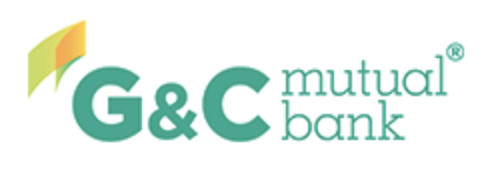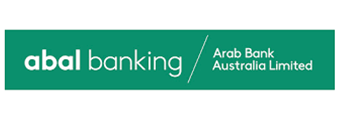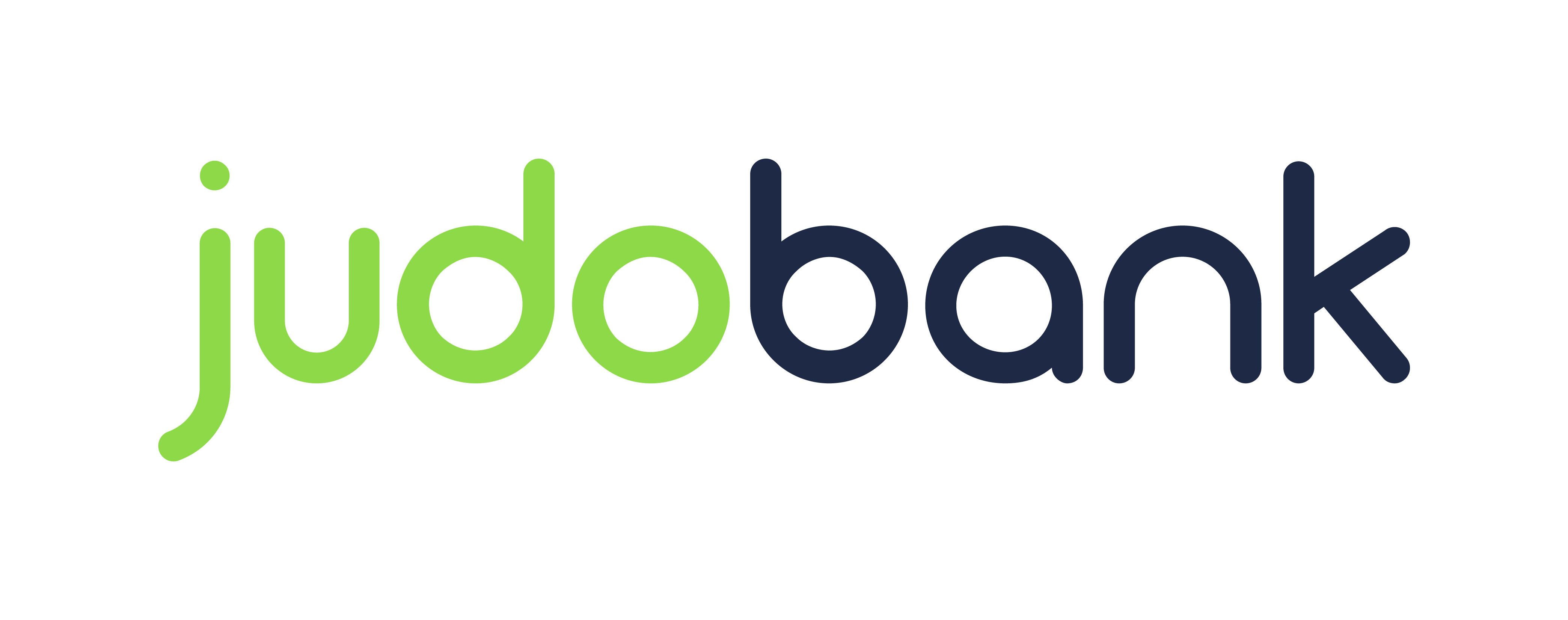Best Term Deposit Rates - April
Term deposit rates have taken a beating over the past couple of months, and the movements have been very volatile, led by the RBA rate cut and the anticipation of it. This means this leaderboard could change week to week.
Below are the highest rates observed across popular terms in InfoChoice's database. Interest is paid at maturity unless otherwise noted.
|
Bank |
Term |
% Rate Per Annum |
Deposit Sizes |
|
RACQ Bank |
3 Months |
4.85% |
$1,000 to $1m |
|
Heartland Bank |
6 Months |
4.89% |
$25,000 to $1m |
|
Heartland Bank |
9 Months |
4.95% |
$25,000 to $1m |
|
Heartland Bank |
12 Months |
4.90% |
$25,000 to $1m |
|
Judo Bank |
2 Years |
4.55% |
$1,000 to $2m |
|
Judo Bank |
3 Years |
4.45% |
$1,000 to $2m |
|
Rabobank |
4 Years |
4.50% |
$1,000 to $2m |
|
Rabobank |
5 Years |
4.65% |
$1,000 to $2m |
Source: InfoChoice product database. Correct as of 1 April 2025.
List of Banks Offering Term Deposits
The following banks and institutions have a Term Deposit offering:
| Adelaide Bank | AMP | ANZ | Arab Bank |
| Australian Military Bank | Australian Mutual Bank | Australian Unity | Auswide Bank |
| Bank Australia | Bank of Melbourne | BankSA | BankVic |
| Bankwest | Bank of Queensland | Bank of Sydney | BCU |
| Bendigo Bank | Beyond Bank | Citi | Delphi Bank |
| Easy Street | First Choice Credit Union | UBank | FirstOption Bank |
| G&C Mutual Bank | Great Southern Bank (formerly CUA) | Goldfields Money | Heritage Bank |
| HSBC | IMB Bank | ING | Judo Bank |
| Macquarie Bank | ME | MCU | MyState Bank |
| Newcastle Permanent | People’s Choice CU | Rabobank | RACQ Bank |
| RAMS | Rural Bank | Service One Alliance Bank | St.George |
| Suncorp | Sydney Mutual | Teachers Mutual Bank | Transport Mutual Credit Union |
What features should I look for in a term deposit?
1. Interest rate
The fixed interest rate is by far the most important aspect to consider when selecting a term deposit. This rate will determine how much interest you’ll earn on your deposit over the term of your account. Interest is usually expressed as an annual percentage rate (APR or p.a.).
There are many factors beyond the RBA cash rate that go into determining interest rates on term deposits:
The factors that influence the day to day interest rates of a Term Deposit include:
- The cash rate target
- Bank wholesale funding rates such as bond yields and swap rates
- Market competition
- Banking regulations
- The term of the Term Deposit
- The amount invested
- The interest frequency
- Early exits
2. Term length
It is also important to consider the length of time (the term) that your funds will be locked and unavailable to you.
There are generally two categories of term deposits: short-term and long-term deposits.
Short-term deposits can be 1-3 months long, while long-term deposits can last many years. You will usually find that longer terms often come with higher interest rates than shorter terms, but always check with your bank to see what is offered by them.
3. Interest payable
You may want to consider the frequency that you’ll be paid interest on your term deposit. Term deposits pay interest in a number of ways: annually, semi-annually, quarterly, monthly, or at maturity (the end of the term). At-maturity products tend to have more competitive interest rates. Select-few products also have interest payable upfront. You may be allowed to choose which bank account to have the interest paid into.
Of course, when you take out a Term Deposit, your interest rate is fixed. You are locked into that interest rate for the entire term. So, whether the bank drops its interest rates or not, you will not be affected until your term has expired.
4. Rollover
Also look into the roll over (reinvesting funds from a security that has reached its maturity term) terms that your bank offers. Some term deposits will earn you extra interest if you roll them over immediately. Always check that you are getting the best offer you can.
Can I withdraw money from a Term Deposit?
It is always possible to access your money from a Term Deposit but the purpose of having an account such as this is so you don’t easy access your money and let your funds grow. As such, your banks may choose to charge you a penalty fee. Each lender charges a different amount so always check with your lender to see what the fees might be.
There are also likely going to be interest rate penalties for withdrawing early. It is usually a reflection of time left:
| Percentage of the term lapsed | Interest rate reduction |
|---|---|
| 0% to 20% | 90% |
| 20% to 40% | 80% |
| 40% to 60% | 60% |
| 60% to 80% | 40% |
| 80% to 100% | 20% |
To withdraw any money from your term deposit, whether it be the full amount or just a smaller portion, you’ll also need to give 31 days’ notice. These means you’ll have to sacrifice interest, potentially pay a fee, and wait a month for your money.
The 31 day rule is a bank regulation that came into play after the Global Financial Crisis (GFC) when many financial markets found that banks didn’t have enough capital in reserve to survive an economic crisis. The 31 day rule allows the banks to hold onto the funds until they can find new sources of capital.
Advantages of term deposits
1. Low risk
One of the biggest advantages of a term deposit is the relatively low risk associated with this type of financial product. Having a fixed rate means your money will be safe if interest rates drop and your interest earned will remain the same throughout the term of your account. In addition to this, there is the Australian government guarantee where deposits up to $250,000 in Authorised Deposit-taking Institutions (ADIs) will remain safe.
2. Interest rates
Term deposits typically offer competitive interest rates relative to savings account counterparts. The longer the term, the higher the likely interest rate. The fact a financial institution offering a term deposit product will charge you a fee to access your money early is also a great deterrent for most people to keep their money in the term deposit account. Interest is also fixed, meaning it won’t change for the life of the term. This can be handy in a falling interest rate environment.
3. Low maintenance
Another potential benefit to Term Deposits is that you always know what to expect from the product and they are low maintenance. With the interest rate being fixed, you can guarantee exactly how much you will earn for the duration of your Term Deposit.
In addition, many savings accounts require lots of hoop-jumping to get the best rates – for example, minimum deposits every month, card transactions, growing the balance and so on. With a term deposit you can ‘set and forget’.
Disadvantages of term deposits
1. Interest is fixed
One disadvantage of a Term Deposit is that you can’t access your money during the term without being charged a penalty fee. If you feel you need to access your funds before your term is up, you may want to look into putting your money into a savings account instead. Another disadvantage is that you are locked into a fixed rate. Therefore, if interest rates go up, you won’t benefit from this rate rise during the term of your account.
2. Break fees for withdrawing early
If you want your funds early, you need to provide a 31-day notice period, and after that you will likely pay a penalty plus sacrifice a lot of interest.
3. Interest is usually simple
Term deposit interest usually does not compound, meaning interest earns interest. While likely a good trade-off if you’re chasing rate security, it does mean you might sacrifice a few dollars compared to a savings account with everything else being equal. This is more pronounced the more savings you have.
Term Deposit Glossary of Terms
| Cooling off period | If you have taken out a Term Deposit, you will be given a set number of days available to change your investment term or options. During this time, you can withdraw funds or cancel obligations. |
|---|---|
| Debenture | This is a long-term security yielding a fixed rate of interest, issued by a company and secured against assets. In a Term Deposit, you are lending money to the company and in return you receive a regular and fixed interest amount for the term of the investment. The invested funds (principal) are repaid at the end of the term (maturity). |
| Interest Paid | The simple interest paid on the principle amount invested in the Term Deposit. Term deposit interest does not compound like with a savings account. |
| Maximum Term | The maximum amount of time you can take out a Term Deposit Minimum Term – the maximum amount of time you can take out a Term Deposit. The maximum term is usually up to five years. |
| Maturity | The expiration of the Term Deposit and the point it stops accumulating interest. The highest interest rates are usually reserved for products with interest paid 'at maturity'. |
| Principal | The invested funds |
| Savings account | Savings accounts are accounts held at a bank or financial institution. These accounts enable customers to save money and accrue interest on the amount of money they have deposited into a specific type of savings account. The interest rates are variable, unlike TDs which are fixed. |
| Term Deposit | A type of savings account that you keep your money in for a pre–determined period of time. The money is locked away and you can’t access it without penalties. The interest rate is also fixed. |
| Yield | The rate of return earned on an investment. For example if you had a 4% p.a. one-year term deposit (interest payable at maturity) with a $10,000 deposit, your gross yield would be $400. |
| Withdrawal | Cash that you take out of your account. |






























